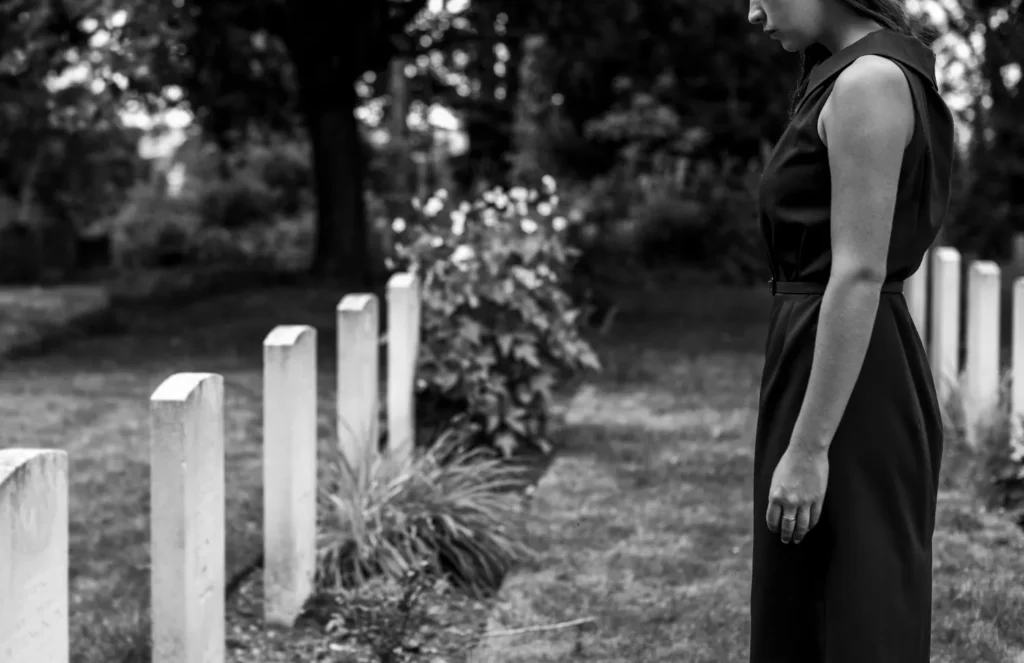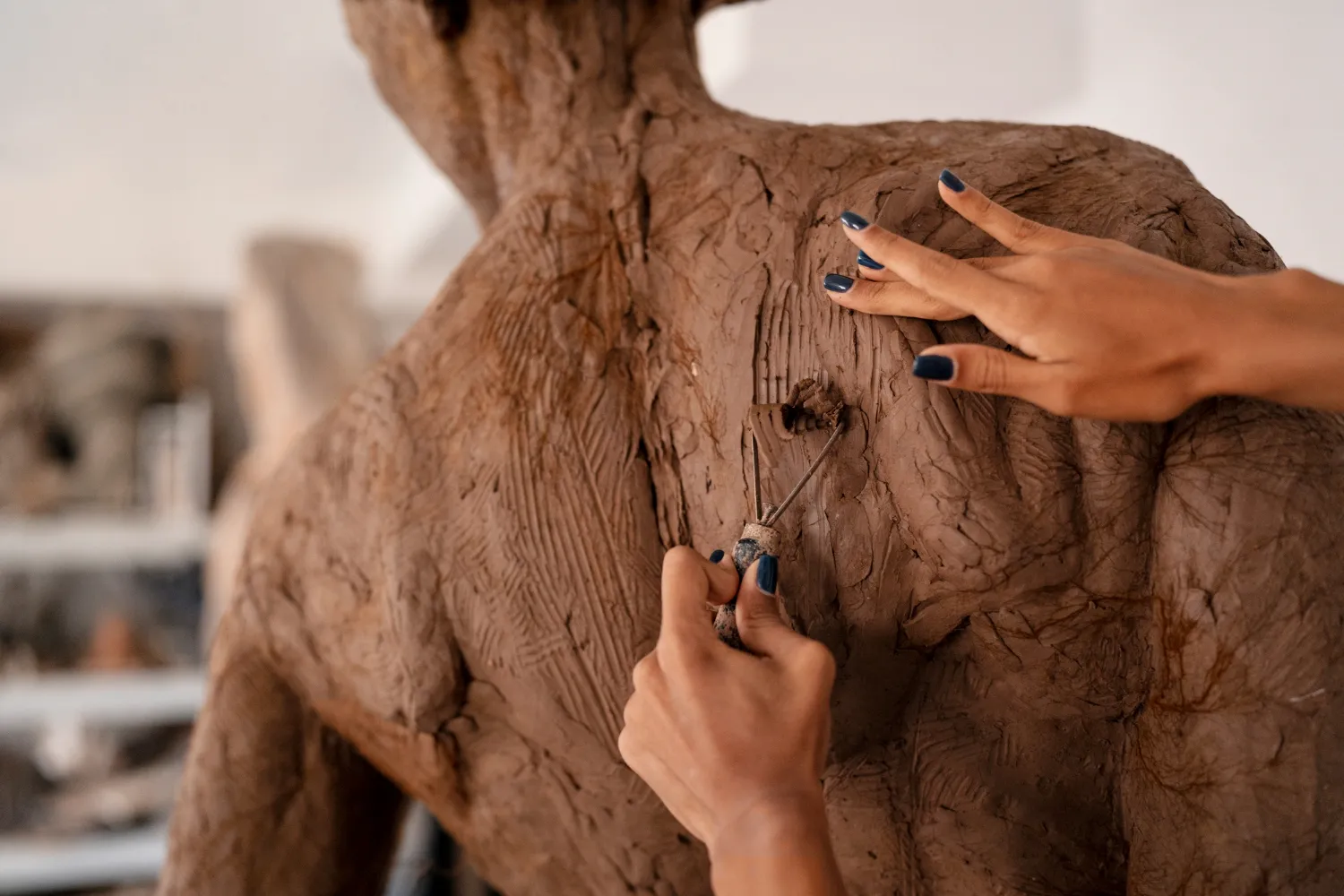Navigating Grief and Addiction

“Grief has no schedule… when it shows up, let it show up.”
Tyler Perry
Grief entered my life like an unexpected storm—silent but overwhelming. I was 42 when the weight of loss transformed into major depression. I didn’t realize at the time that I was grieving. My father’s death, followed by the end of a significant relationship, triggered a chain reaction of emotions I wasn’t ready to face.
Instead of seeking help, I turned to alcohol, drugs, and emotional eating—unhealthy coping mechanisms that quickly escalated from occasional use to full-blown addiction. What I hadn’t understood was that both grief and addiction move through stages. By the time I reached rehab, I was dealing with both grief that had turned into a depression, and alcohol, recreational & emotional eating dependency, and addiction, without knowing they were deeply intertwined.
The Link Between Grief and Addiction
Grief is more than just the sadness of losing someone. It’s the emotional and psychological toll of loss, which can linger and evolve. Addiction, often used to numb this pain, follows a similar path—starting small, but gradually consuming you. I didn’t realize that unresolved grief could fuel addiction, and that addiction, in turn, could deepen the grief I was avoiding.
In rehab, grief counseling became my lifeline. I learned that grief wasn’t just about death. It was the end of my relationship, the loss of my identity, and the emotions I’d buried for years. Through therapy, I found healthier ways to cope—mindfulness, yoga, and accepting that it’s okay to feel pain.
Healthier Ways Forward
If you’re grieving, seek help before turning to harmful outlets. Grief counseling and therapy gave me a path to heal, and with it, I found tools that allowed me to truly process my loss rather than burying it.
Resources for Growth
For anyone walking a similar path:
• Books: The Grief Recovery Handbook by John W. James & Russell Friedman, Addiction and Grace by Gerald May.
• TED Talks: Susan David’s “The Gift and Power of Emotional Courage,” Kelly McGonigal’s “How to Make Stress Your Friend.”
• Podcasts: Griefcast by Cariad Lloyd, The Addicted Mind.
Supporting Someone Who’s Grieving
When someone you love is grieving, your presence matters more than your words. Offer a listening ear, and avoid saying things like, “They’re in a better place,” or, “It’s time to move on.” Grief is a personal journey, and everyone processes it at their own pace.
Call to Action
1. Proactively seek help—don’t wait until grief becomes too much to bear.
2. Reach out to others—if you know someone who’s struggling, offer your support.
3. Educate yourself—learn how grief and addiction can be interconnected, and how you can be there for those facing both.
Grief is not something we should face alone. If you’re struggling, know there is help available. You have nothing to lose and everything to gain by seeking support.
To explore more of this profound message, check out Tyler Perry’s clip here.









